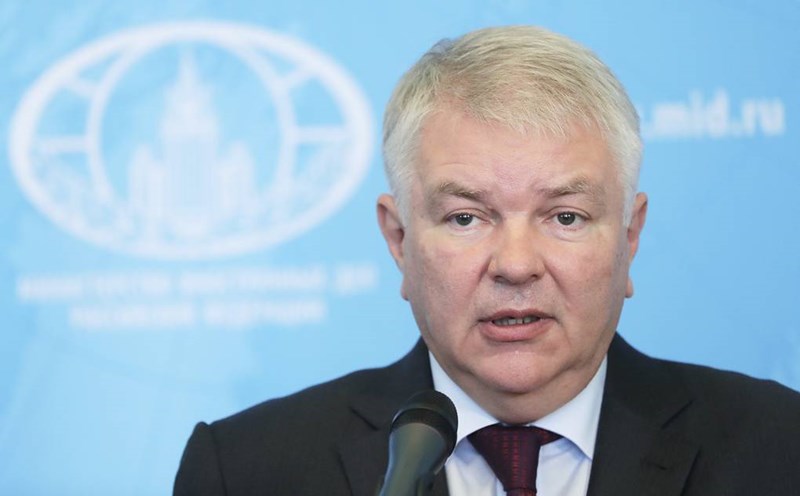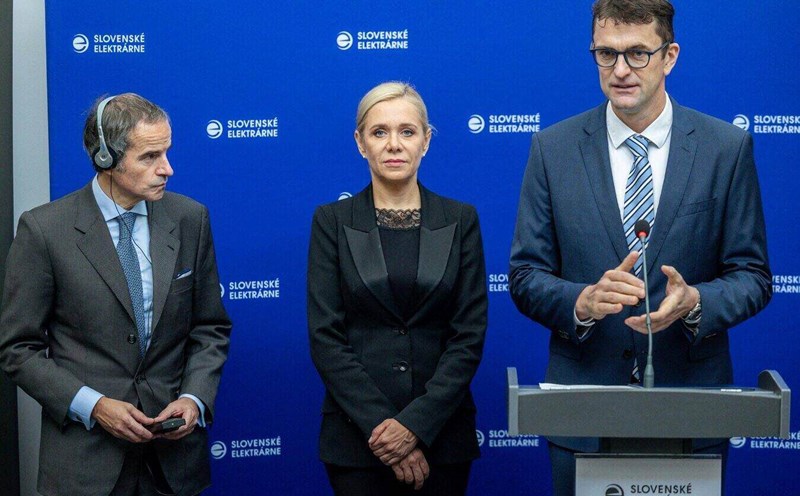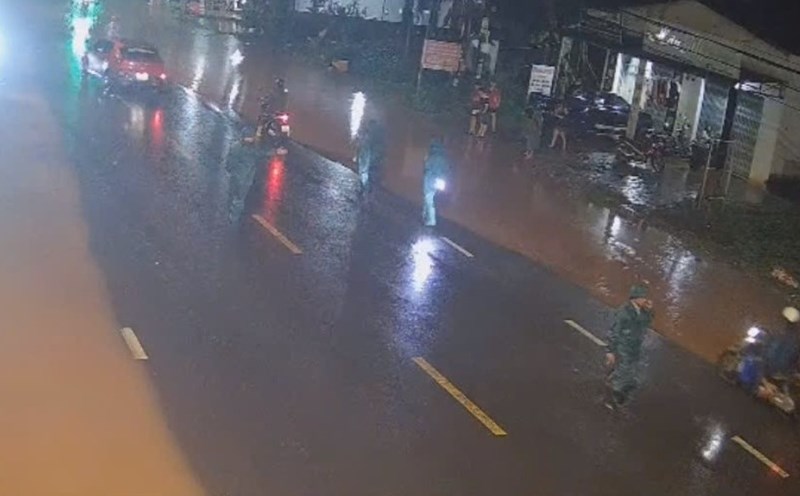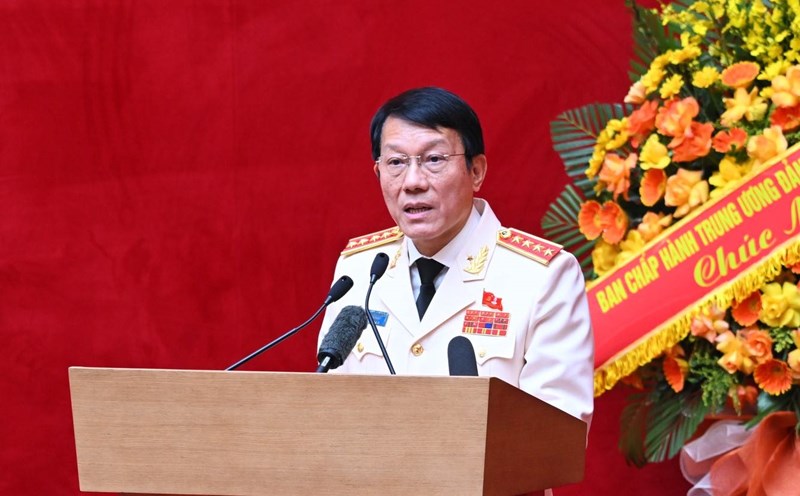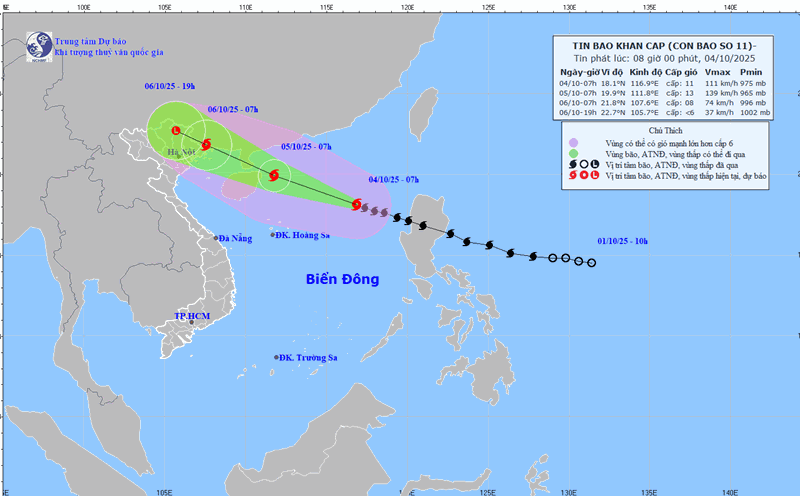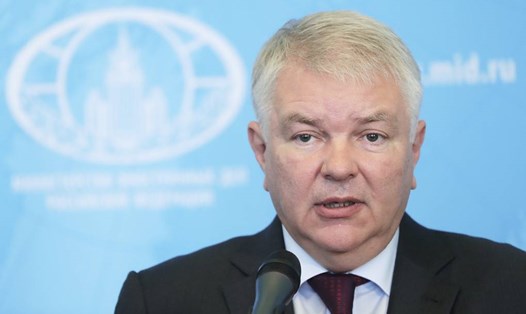A NATO fuel system during the Cold War, designed to serve the maintenance of the Allied army's operations during the war, is being expanded to Poland.
The $5.5 billion military pipeline initiative will connect Poland with NATO's Central Europe pipeline System (CEPS) through Belgium, France, Germany, Luxembourg and the Netherlands.
"This project is very important in strengthening Poland's energy security and defense. The project will not only help Poland recover from fuel crises but also strengthen Poland's position as a strategic partner in the region," the Polish Ministry of Defense said in a statement on October 3.
The agreement, signed in Warsaw, includes the construction of pipelines about 320km long connecting to Germany, Polish Deputy Defense Minister Cezary Tomczyk said. He added that this is a NATO-funded project.
"This is one of the largest investments in Polish state security in the past 30 years," he said.
Earlier in the day, the Polish Ministry of Defense and Poland's PERN pipeline operator signed a preliminary agreement to expand the country's fuel pipelines to connect with the NATO system.
NATO has developed a military fuel pipeline network to prepare for potential conflict with the Soviet Union during the Cold War.
This pipeline system was deployed in the late 1950s and has been developed over time.
The system is designed to ensure the supply of fighter jet fuel, gasoline and diesel throughout NATO.
Poland has promoted its involvement in the pipeline network for years.
Deputy Minister Tomczyk said that serious discussions on this content have been going on since 2014, right after Russia annexed the Crimean peninsula.
It is unclear when the expanded network will be put into operation, but the push to expand the military fuel pipeline to Poland comes as tensions with Russia heighten.
It is not yet clear whether there are other plans to expand the network to other NATO allies for use in Poland.
Last month, NATO aircraft shot down several Russian drones violating Polish airspace, marking the first time in the history of the alliance that aircraft from the allies were forced to shoot down a potential threat on the territory of a bloc member.
Russia has also been blamed for other drone attacks in Romania and Denmark.
Senior NATO officials have warned that Russia could prepare for conflict with the alliance in the coming years.
In July this year, General Alexus G. Grynkewich, Commander of the US European Command, said that the NATO alliance must prepare for the possibility of conflicts breaking out in Europe and the Pacific, in which 2027 is likely to become a hot spot.

